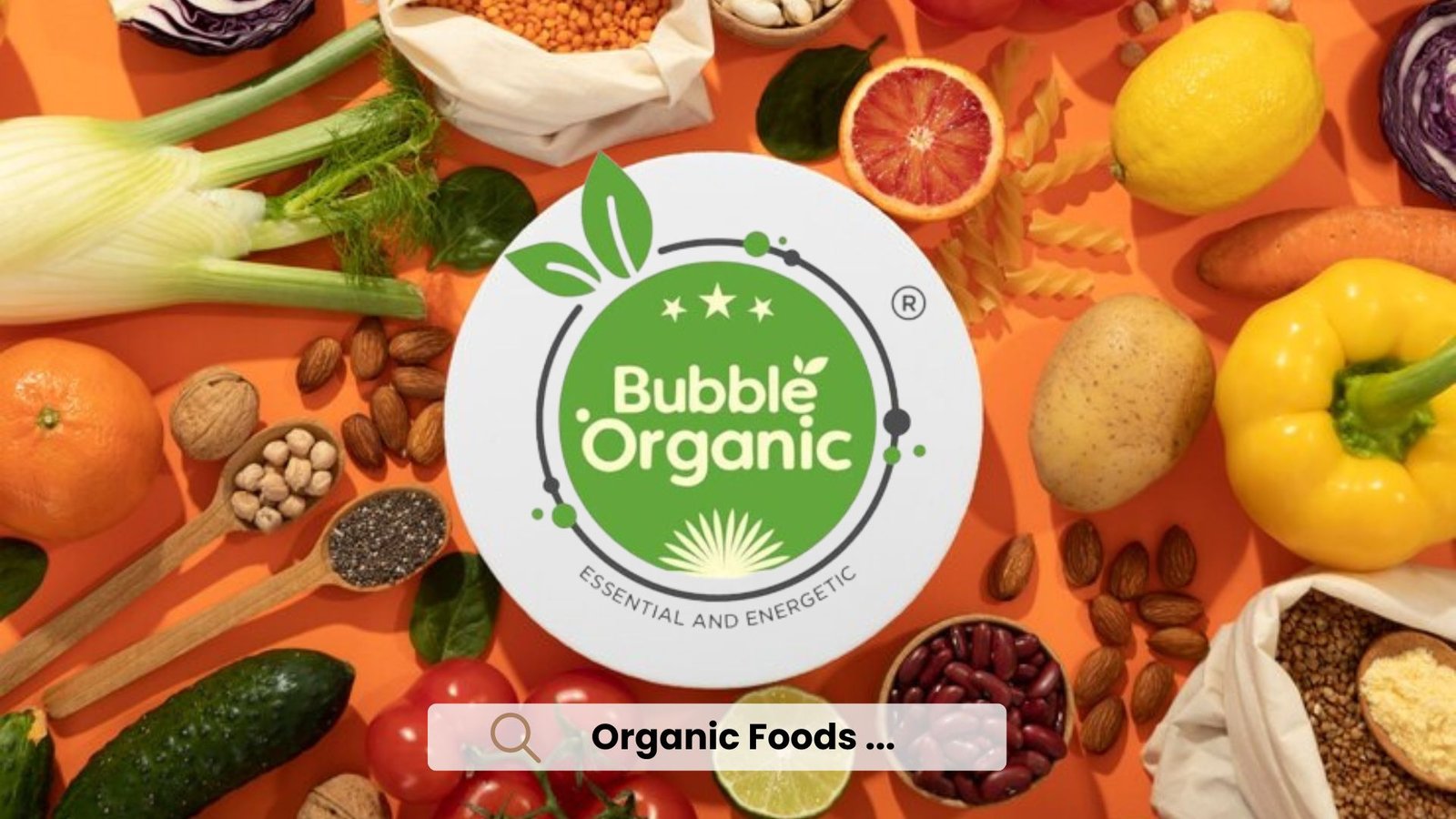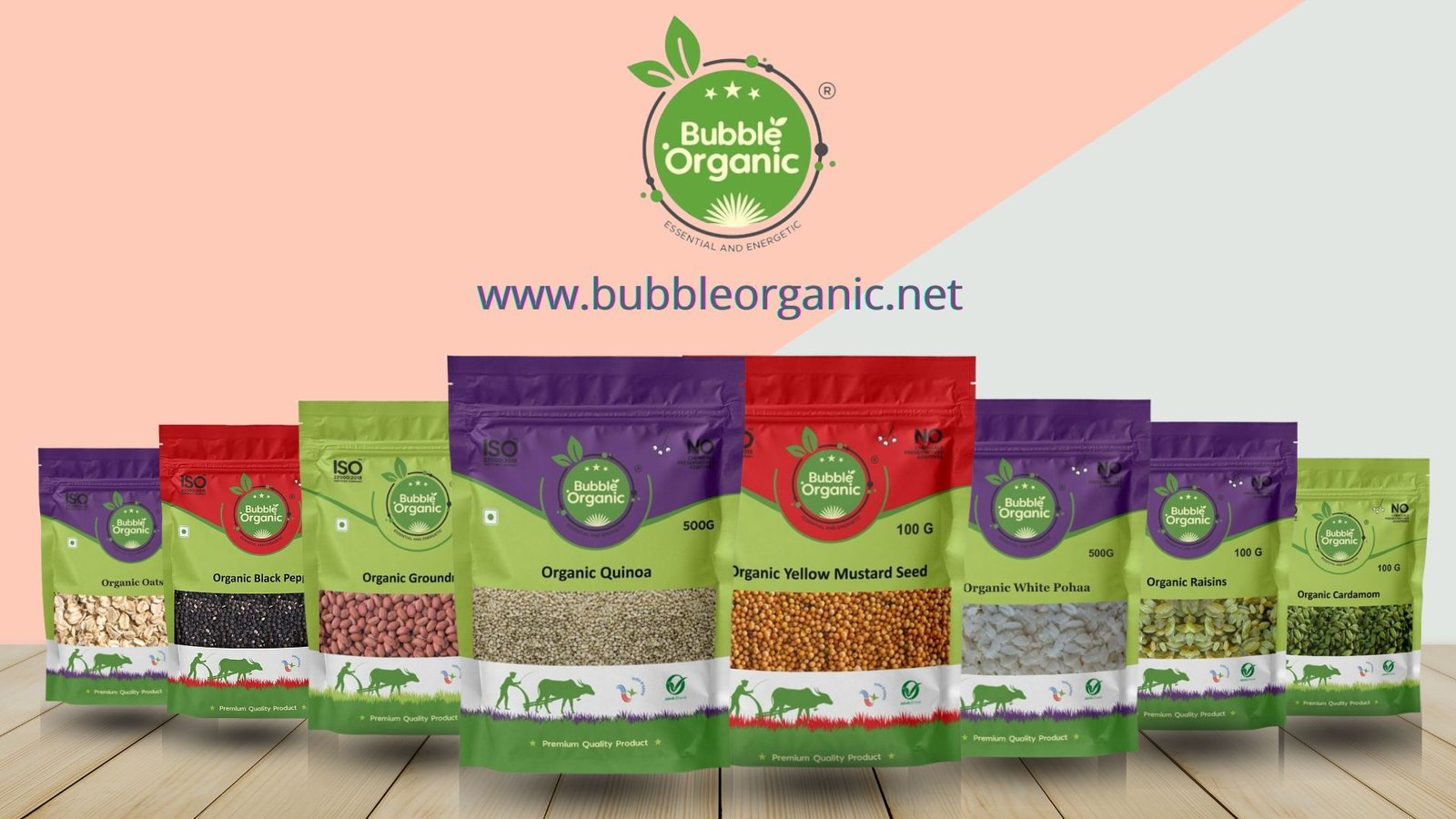


India has a long-standing tradition of embracing organic farming methods. For thousands of years, organic farming has been an integral part of India's agricultural practices. Sequential records indicate that the ancient Indian civilization was legendary for its reliance on natural farming techniques, devoid of chemical fertilizers or pesticides. In Indian culture, the significance of cattle and livestock extended not because it gave them beyond their milk-producing. They were highly valued as bullocks for farming purposes, and their manure was revered as the finest crop fertilizer. During the 1960s, India faced the pressing need to boost its food production due to a combination of factors, including a growing population and various natural disasters. In the face of once being a leading producer of food grains and crops, India found itself compelled to depend on food imports to meet the needs of its own people.
The Green Revolution was a cautiously planned initiative led by M.S. Swaminathan. India had to rely on importing hybrid seeds from abroad to combat food scarcity. In order to boost production, farmers had to switch from organic to chemical fertilizers and pesticides. That's when factories such as Rashtriya Chemical Fertilizers were set up in India. The Green Revolution quickly made its mark. India, once a food product importer, soon began exporting food globally. However, the negative consequences of the Green Revolution became ever more noticeable.
The agricultural land quickly began to lose its fertility, and the confidence on chemical fertilizers trapped many farmers in a cycle of debt, ultimately leaving them with no alternative but to take their own lives. Chemicals quickly began to affect the health of farmers, infants, young children, and pregnant women. They were identified as the primary targets of the chemicals used in agriculture. A study found that people who consume organic food are less likely to develop hypertension and type 2 diabetes compared to those who don't. Farmers and consumers are once again looking towards traditional method of farming food utilization. Several regions in India are striving to transition to fully organic practices in the near future. IFAD recently shared that the Government has allocated 2.5 hectares of land for organic farming since 2004. India boasts more than 30% of the global organic producers, which is truly amazing. Thus were the remarkable grounds for switching over to tag along with the ripened period comportment

In the reason times, a growing population shifting to healthy methods of eating habits which means in taking of organic foods. In responds to the increasing global need for organic food products. In the receipt of higher up organic farming only because of growing requirements of universal need for organic products. Several countries have implemented certification programs to oversee and encourage the adoption of organic farming methods. Sir Albert Howard (1873-1947) pioneered the concept of organic farming, which emerged before 1940.Over time, his extensive agricultural research and observations transformed into a philosophy and concept of organic farming, which he shared in numerous books. Howard's ideas on soil fertility and the importance of efficiently reusing waste materials, such as sewage sludge, on farmland were further strengthened.
Jerome Rodale, a publisher and pioneer of organic farming, played a key role in spreading and promoting organic ideas in the United States. Howard and Rodale viewed organic and non-organic farming as two opposing visions of the future of agriculture, leading to verbal battles with the agricultural establishment. Jerome Rodale, a publisher and pioneer of organic farming, played a key role in spreading and promoting organic ideas in the United States. Howard and Rodale viewed organic and non-organic farming as two opposing visions of the future of agriculture, leading to verbal battles with the agricultural establishment. Over the course of many years, a productive conversation was missing between the organic community and traditional agricultural scientists. It wasn't until 1980 that organic agriculture started gaining significant recognition and attention. In the 1980s, the collaboration between environmental groups and farming associations led to the significant growth of organic farming in select countries like Spain and Sweden, where it currently covers 20% of the agricultural land.
The International Federation of Organic Agriculture Movements (IFOAM) was established in 1972, and as a result, a certification process was introduced, leading to the 1991 regulation (EC Reg. 2092/91). Over the years, organic farming has experienced significant growth, expanding from occupying only 0.1% of the usable agricultural surface in 1985 to nearly 4% in the early twenty-first century. This remarkable progress has resulted in a flourishing market worth 12 billion euros today. Organic farming has been an integral part of our Indian farming system for centuries, deeply rooted in tradition. It is not a recent development. Organic farming follows a unique approach to manage pests and diseases in crops and livestock, steering clear of synthetic chemicals or genetic manipulation. Organic farming is becoming increasingly popular compared to other farming systems because of its positive impact on the environment. Additionally, organic farming requires more labor, leading to more job opportunities in rural areas and a lasting enhancement of resource quality.

Food or materials labeled as 'organic' are those that have not been processed or made with chemicals. Choosing organic food products is the best way to ensure your family stays healthy and fit. Organic food is grown without toxic pesticides, herbicides, growth hormones, or antibiotics. Organic food products undergo separate certification processes. They are labeled with certified and their taste slightly differs from conventional food. The aroma of organic food is more potent compared to regular food. Organic farmers and food producers grow and gather food without relying on synthetic chemicals such as pesticides and artificial fertilizers. Organic foods like rice, millets, spices, fruits and vegetables are a great choice for those looking for high-quality produce grown without chemicals or toxins. These organic food items are always fresh because they are not treated with preservatives or wax for a longer shelf life.
While they may not taste like our favorite junk food, which is often spicier and sweeter, they are full of flavor, natural fertilizers such as manure and compost. Eating organic food can lead to improved health by lowering pesticide exposure and boosting nutritional value. Organic farming is a traditional method used by farmers since ancient times, The term "Organic" refers to a sustainable farming approach that supports biodiversity, natural cycles, and soil health. This method focuses on reducing external inputs and implementing practices that promote ecological balance. Organic food is special for a variety of reasons, encompassing health, environmental, and ethical considerations. This reduces the risk of pesticide residue on food, which can have adverse health effects.
Consuming organic food might lower the chances of developing allergic diseases and prevent overweight and obesity. However, it's important to note that the evidence is not definitive due to potential confounding factors. This is because individuals who choose organic food often lead healthier lifestyles in general. Organic production not only reduces public health risks, but also provides food rich in nutrients like Vitamin C, iron, magnesium, and phosphorus. Additionally, organic fruits, vegetables, and grains have lower exposure to nitrates and pesticide residues compared to conventionally grown products.

Reference: